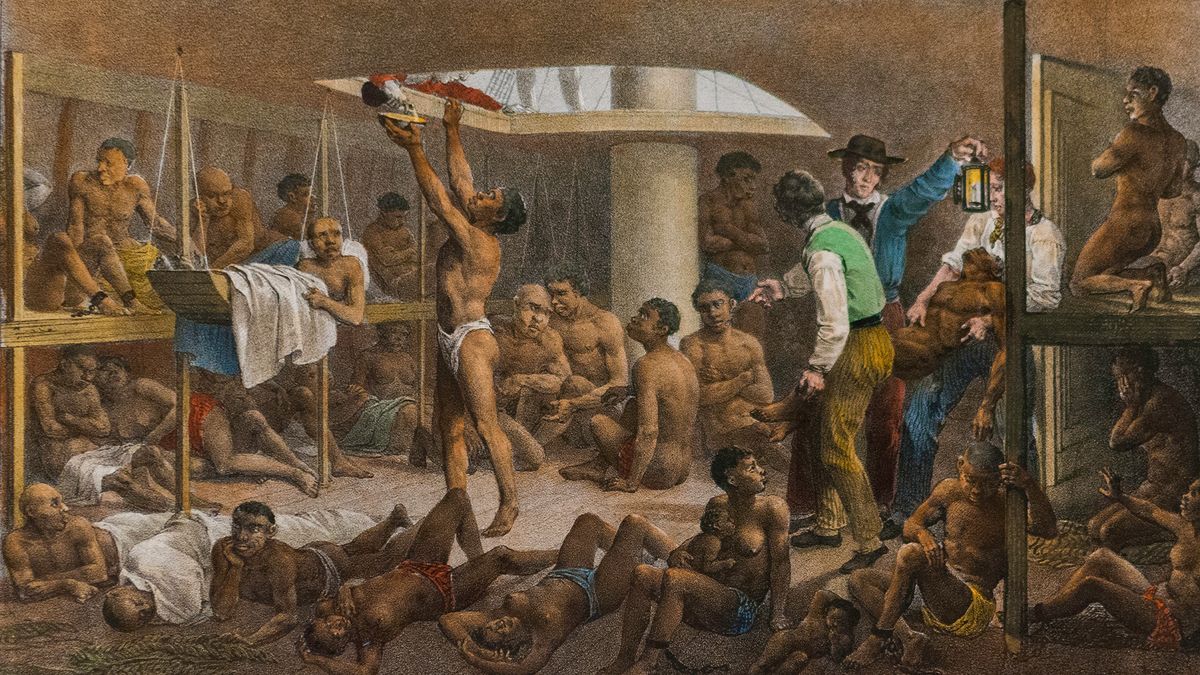Archaeologists in the Bahamas have uncovered the submerged remains of 14 sailing vessels that played a role in the trans-Atlantic slave trade between Africa and the Americas, as detailed in a recent report.
Among the identified wrecks is the Peter Mowell, an American schooner that sank near Great Abaco Island in 1860 with approximately 400 enslaved Africans on board. Additionally, smaller ships used to transport slaves to plantations for various crops in North America and the Caribbean have been discovered.
While most of the wreck sites were pinpointed based on records from the 18th and 19th centuries and have not yet been explored, some locations have already been determined.
Although the team has physically located three of the wrecks, the details are being kept confidential for the time being. According to , the CEO and founder of Allen Exploration, these wrecks are not only significant historically for shedding light on the conditions aboard slave ships, a subject with limited archaeological exploration, but also serve as tangible evidence of the atrocities of this trade.
The General Oglethorpe, one of the slave ships, met its demise during a storm near Little Abaco Island in 1802 while en route between Charleston, Virginia, and Havana, Cuba.
The identification of these slave ships was part of the Bahamas Lost Ships Project by Allen Exploration, aimed at cataloging all shipwrecks in the region. To date, the team has identified 596 wrecks around the northern Abaco islands, with the oldest wreck dating back to 1657.
Collaborating with the Bahamas Maritime Museum in Freeport on Grand Bahama, the report on the slave ships was released as part of the museum’s series. According to , the director of the Bahamas Maritime Museum, the history of the Bahamas has been significantly shaped by various slaving events, including the arrival of the first slaving vessels from Africa in 1721, which heavily influenced the island’s population composition, with many current residents being of African descent.
The wrecks’ locations highlight the Bahamas’ pivotal role as a hub connecting Africa, the American Southeast, Cuba, and the Gulf of Mexico.
Moving forward, the Bahamas Lost Ships Project intends to explore some of the wrecks to assess their current state, even after more than two centuries since their sinking.
